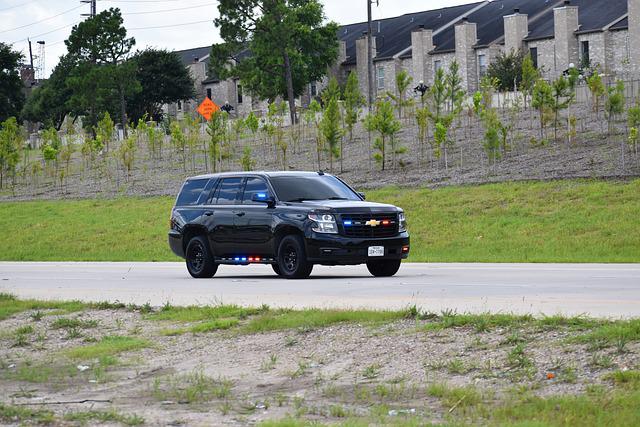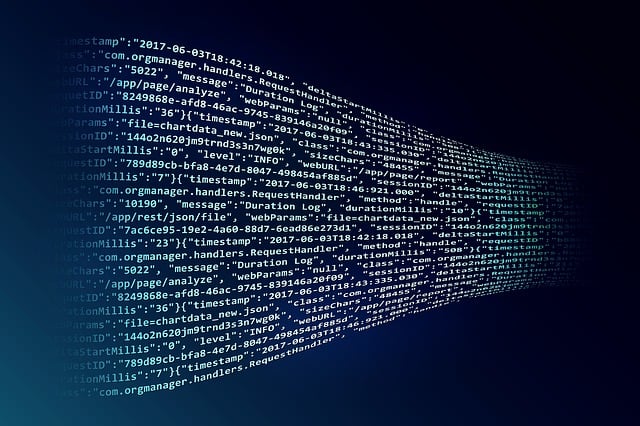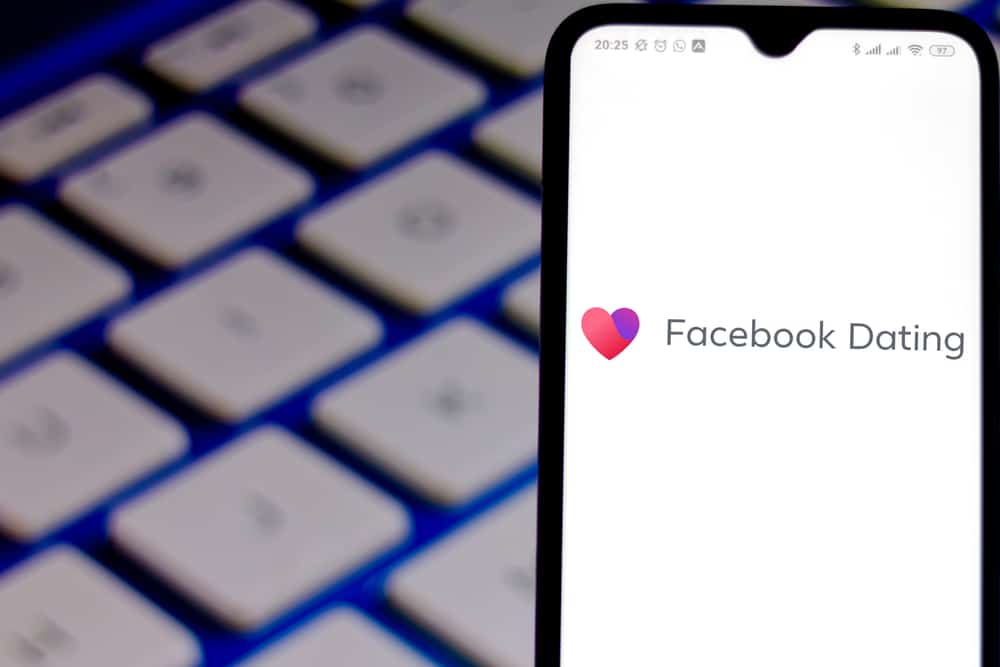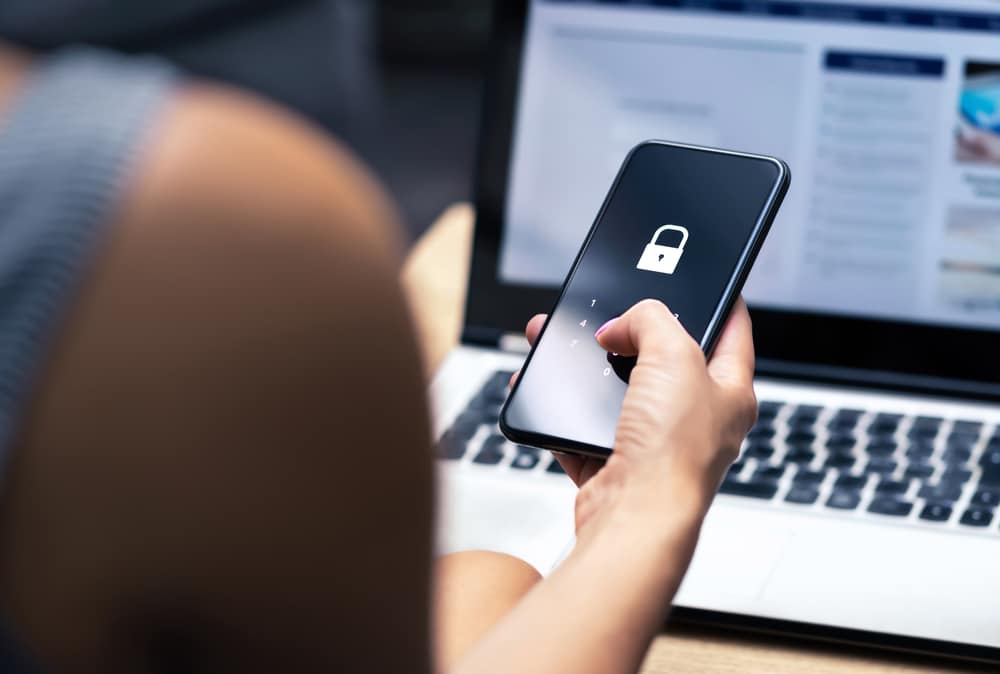Federal Gun Background Check: Everything You Need to Know
Michelle Wilson - March 18, 2022
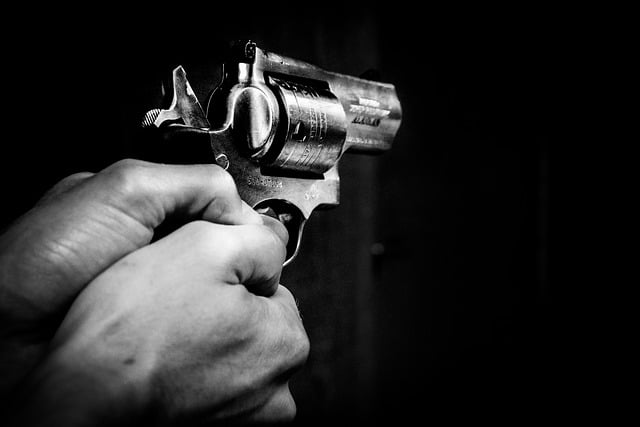
If you’re looking to purchase a gun from a federally licensed firearms dealer (FFL), you’ll be facing a criminal background check. The National Instant Criminal Background Check System (NICS) is the mandatory screening that vet’s individuals wanting to purchase a gun using an online screening. The Federal Bureau of Investigation has processed over 320 million applications. Approximately two percent of all applicants will receive a rejection due to disqualification. Most gun background checks take minutes to process and approve the would-be purchaser.
Unfortunately, the method isn’t foolproof. A few people slip through the cracks and purchase guns they shouldn’t have. For example, the church massacres in Sutherland Springs, Texas, and Charleston, South Carolina, had an identifiable history of barring firearms. Due to omissions and loopholes in the system, no one stopped any of these aggressors from purchasing these items.
Table of Contents
Understanding the Gun Purchasing Process
Thankfully, Americans can’t simply walk into a store and purchase a weapon without some verification. All applicants will need to complete Form 4473, which includes 16 questions relating to criminal history, background, and drug use. Subsequently, the retail location will contact NICS by phone or online and submit your answers and a Social Security number.
What Does the FBI Consider when Reviewing an Application?
The FBI considers anything that might make an individual too high-risk to possess a firearm. They consider virtually every component of your history in the eyes of the law. This consideration might include mental health history, unlawful immigration status, open warrants, criminal history, domestic violence, or drug use.
Previous felony convictions are the most common rejection for an applicant, with over 865,000 denials throughout the 21 years of operation. Other application rejections include 212,000 domestic offenders, 148,000 unlawful drug users, and 189,000 fugitives. Denying someone for mental health grounds is considerably high, requiring an individual to be involuntarily confined to a psychiatric institution by authority or court. Currently, the FBI has only denied 43,000 applications since the screening process started.
Where Does the Gun Background Check Receive the Information?
When deciding on an applicant, the FBI draws information from three databases. The first is the Interstate Identification Index. This database is a substantial repository of criminal convictions used by multiple law enforcement agencies. The second is the National Crime Information Center (NCIC). This database is an electronic clearinghouse of criminal justice records, including disposition records and protective orders. Finally, the last database is the NICS Indices. The database commonly includes the documents in the first two databases. Information includes records of mental health and immigration status.
If Someone Has a Prior Record in a Database, Will it Prevent Them from Getting a Gun?
A gun background check system is only as strong as the records it contains, leaving a few loopholes in the system. Some records may never make it into the database, while others are entered in a problematic way to interpret. States voluntarily supply these records to the database, leaving plenty of information. According to the Bureau of Justice Statistics, approximately 7.8 million active-warrant records were available in-state warrant databases, with only 2.1 available for the NCIC database.
Mental Health Records
Experts also indicate that mental health records prove problematic too. For example, the gunman responsible for the Virginia Tech massacre held an extensive history of psychiatric illness that authorities didn’t forward to the FBI. Unfortunately, the only way for an involuntary psychiatric confinement record to make it into NICS Indices is state effort. That means states failing to provide a record to the NICS Indices won’t show in a gun background search. While many states have corrected omissions, others remain resistant, citing privacy laws as a primary cause.
Military Records
It seems the military has fallen short in forwarding records from their internal justice system. Many names of service members expelled under dishonorable discharge are forwarded to NICS Indices, triggering an immediate gun ban. Any service member convicted in court-martials for an outside offense, like domestic violence, drug possession, or felony assault, may also be prohibited from gun ownership. In a sad example, the Sutherland Springs gunman faced court-martial charges for choking his wife and fracturing the skull of his infant. These charges were never entered into the FBI’s system, resulting in the purchase of three guns from licensed sellers – each time passing a background check.
Are Gun Background Checks the Same in Every State?
While Federal law establishes the grounds for gun bans, an individual barred in one state would receive a country-wide ban. Individual states can also decide criminal activity that would initiate a ban too. Specific gun prohibition against domestic abusers, for example, doesn’t apply to dating partners. Individual states determined specific laws closing the so-called boyfriend loophole.
Individual states also have an option to run their background check, supplementing the FBI database—sweeping local and state repositories as well. These additional screening tactics will vary depending on the individual state.
How Long Does a Background Check Take?
The NICS offers an instant approval process, allowing 90% of all applications to receive an immediate decision. When the check comes back clean, the FBI gives the gun purchase an approval. If they don’t receive a clean check, the purchase is denied. Occasionally, the FBI requires further information before making a final decision. The background check transfers the application to the Criminal Justice Information Services Division in these situations. An examiner will reach out to local and state agencies during this investigation before deciding.
How Long Does a Gun Background Check Take If It Isn’t Instant?
Should a check require additional information, the FBI has three business days to make a final determination. Should an answer not be possible, the licensed dealer is allowed to sell the firearm – a term coined a “default proceed.” The dealer is not required to notify the FBI when a sale goes through in this manner. The NICS examiner on the case is supposed to continue working on it, with 90 days to conclude. Should the FBI determine the buyer was prohibited, the agency must send out a retrieval order to the Bureau of Alcohol, Tobacco, Firearms, and Explosives.
Conclusion
Anyone looking to purchase a firearm within the United States will contend with the National Instant Criminal Background Check System. This process helps safeguard Americans, keeping weapons out of the hands of unsuitable candidates. Authorities must consider unlawful immigration status, open warrants, documented history of domestic violence, and drug use; the screening process eliminates the opportunity for gun ownership for unsuitable candidates.
While most of the applications are an easy approval, specific situations require further investigation by officials before deciding. Occasionally, the application may take three business days before a final verdict is made. It’s critical to remember that not all delays are denied; they simply need manual verification before selling a lethal weapon. Once you receive the approval, you’ll receive the firearm you’d like to purchase.


